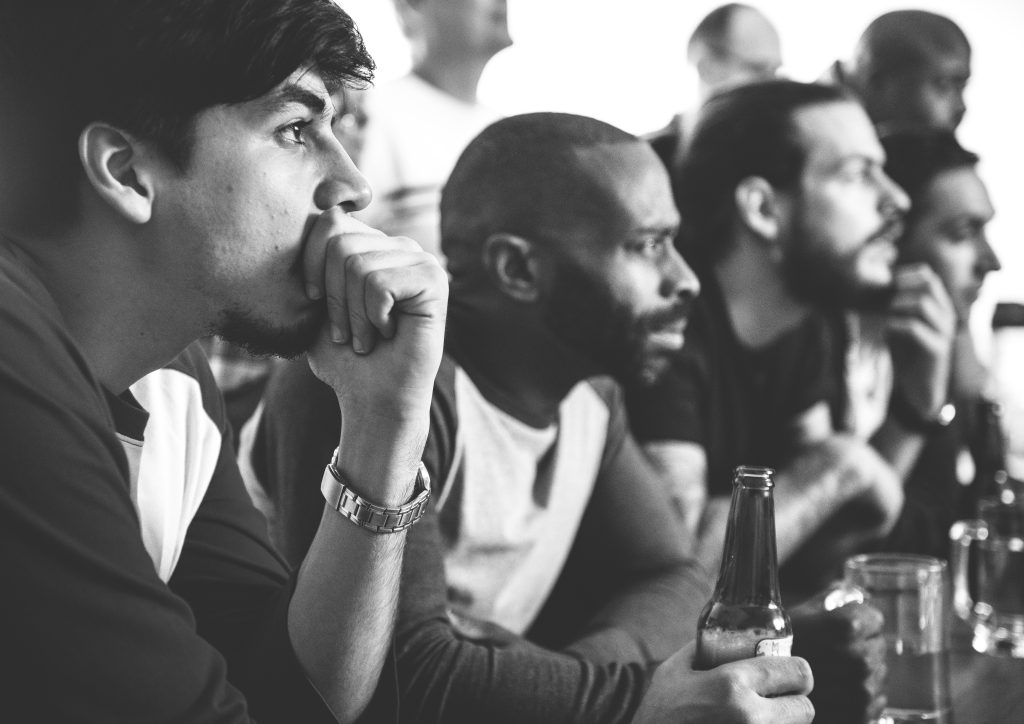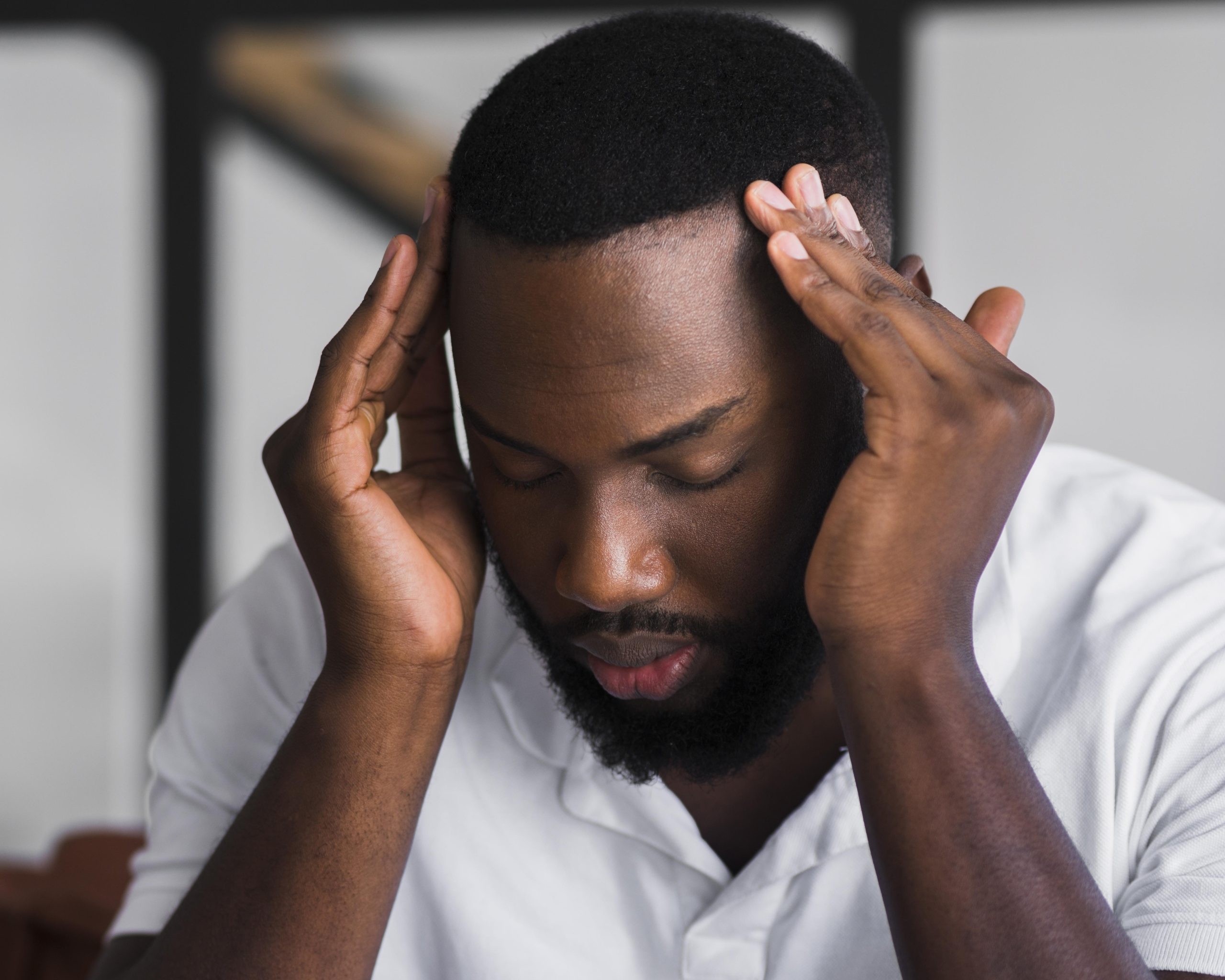The Silent Struggle with Mental Health in Underprivileged Communities
There’s a quiet crisis that often goes unnoticed in many neighborhoods and its not because it’s not real, but because it’s so often ignored. It’s the struggle with mental health mostly in underprivileged communities.
In places where people are already fighting hard just to survive. Dealing with poverty, poor infrastructure, and limited access to education or jobs, mental health can feel like a luxury no one has the time or space to deal with. But the truth is, it’s there. Always has been.
People carry heavy emotional loads: stress from not knowing where the next meal is coming from, the anxiety of unstable housing, and the depression that comes from the downs of life, or even the trauma of living in unsafe environments. These are not just emotions, they are wounds. And when left untreated, they fester.
What makes it harder is the stigma. In many of these communities, talking about mental health feels like weakness, or something that should be kept quiet. You’ll often hear: “You’ll be fine,” “Just pray,” or “Others have it worse.” And while faith and resilience are powerful, they’re not replacements for support, understanding, or access to professional help.

But how can anyone get help when resources are scarce? Clinics are far away, therapists cost money, and in many places, there’s simply no one trained to talk to. It becomes a cycle, people suffer in silence, and the silence keeps others from seeking help.
Yet, something is starting to shift. More voices are speaking up. More grassroots organizations are stepping in to create safe spaces for conversation, support groups, and even mobile mental health clinics. The internet has also become a bridge connecting people with information, tools, and sometimes even free therapy.
But this isn’t just about treatment, it’s about compassion. We need to start recognizing that mental health struggles aren’t limited to any one class, color, or background. Struggles may look different, but the pain is real.

Everyone deserves the right to be heard, to feel seen, and to get the help they need no matter their zip code, income, or situation.
So, the next time you think of mental health, remember the communities where the silence is loudest. The healing has to reach them too.



